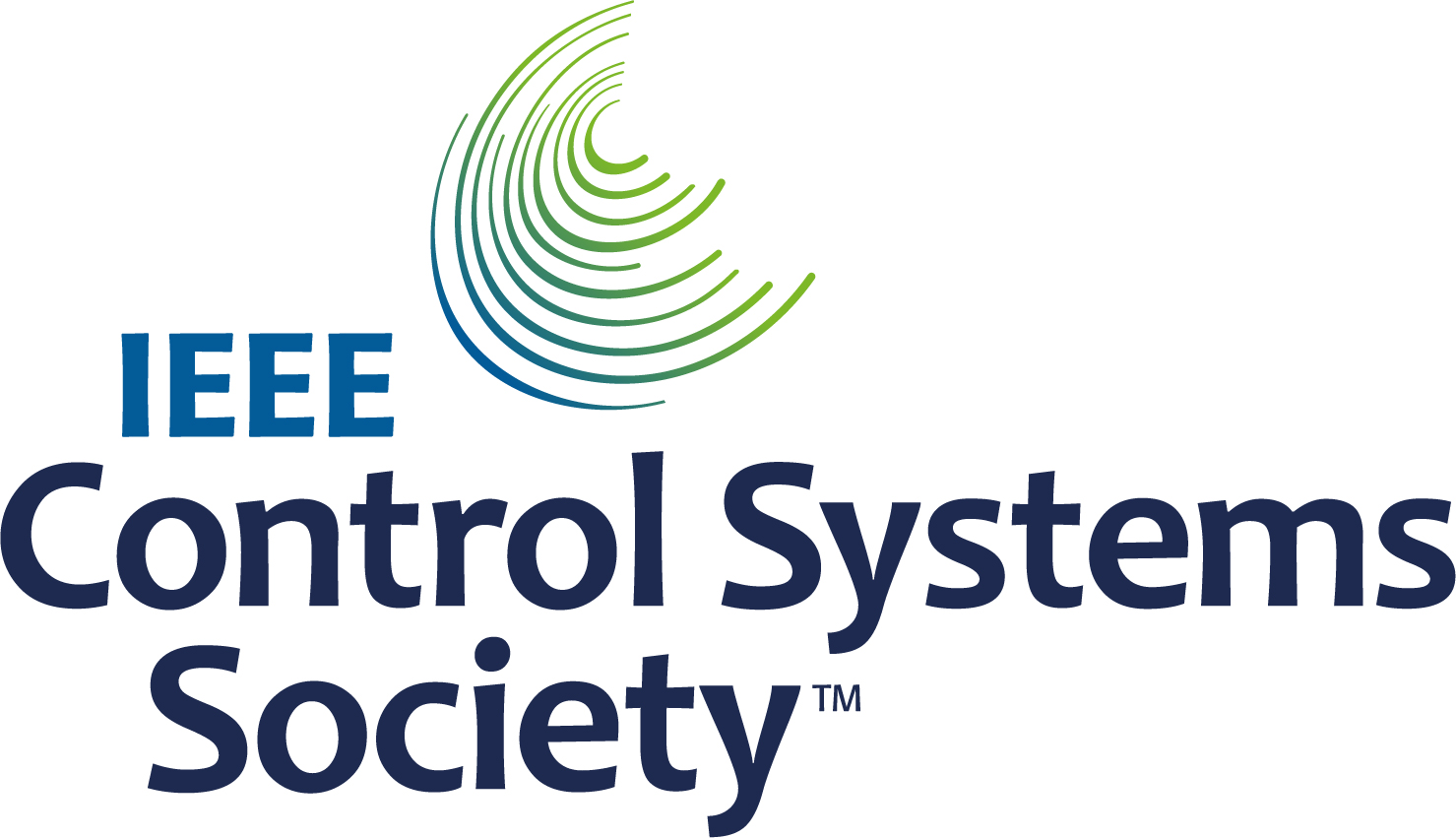Scope
In an era defined by dynamic technological progress, the integration of manufacturing automation and the control of robotic systems stands at the forefront of innovation and development. The IEEE Control Systems Society's Technical Committee on Manufacturing Automation and Robotic Control (TC-MARC) represents a pivotal hub, bringing together a diverse community of researchers and professionals, all united by a common passion for advancing the realms of manufacturing automation and robotic control.
The current world faces numerous complex issues, ranging from workforce shortages to supply chain disruptions and rising demand for microchips. Amidst these challenges, automation plays a crucial role, along with the contributions of robots and autonomous systems. These factors highlight the urgent need for these technologies to boost economic growth and address diverse social requirements. Global events have demonstrated the advantages of deploying and managing autonomous and unmanned systems effectively. To achieve our objectives, it is essential to adopt modular, cooperative, and cost-efficient robot teams. The complexity of controlling robotic systems requires integrating expertise from different disciplines and research domains.
The TC-MARC, composed of volunteers from academia, government, and industry, promotes knowledge sharing and technical cooperation. Its main objective is organizing forums and meetings where researchers can engage in in-depth discussions about manufacturing automation, robotic system control, and related research topics. TC-MARC covers broad areas, including autonomy, control and guidance of unmanned systems, human-robot interactions, pursuit-evasion games, and intelligent control. Through its diverse focus, TC-MARC strives to push the limits of knowledge and practical application, cultivating a community of scholars and professionals passionate about innovation and progress.
Topics of Interest (including but not limited to):
- Human-Robot Collaboration
- Guidance and Control of Unmanned Systems
- Pursuit-Evasion Games
- Multiagent Coordination and Control
- Machine Learning and Control for Dynamical Systems
- Security and Privacy in Cyber-Physical Systems
- Physics-constrained Learning and Control of Robotic Systems in Challenging Environments
- Safety, Learning, Optimization and Energy Efficiency in Automation
- Autonomous Vehicles in Manufacturing
- Fault Tolerance and Redundancy in Robotic Systems
